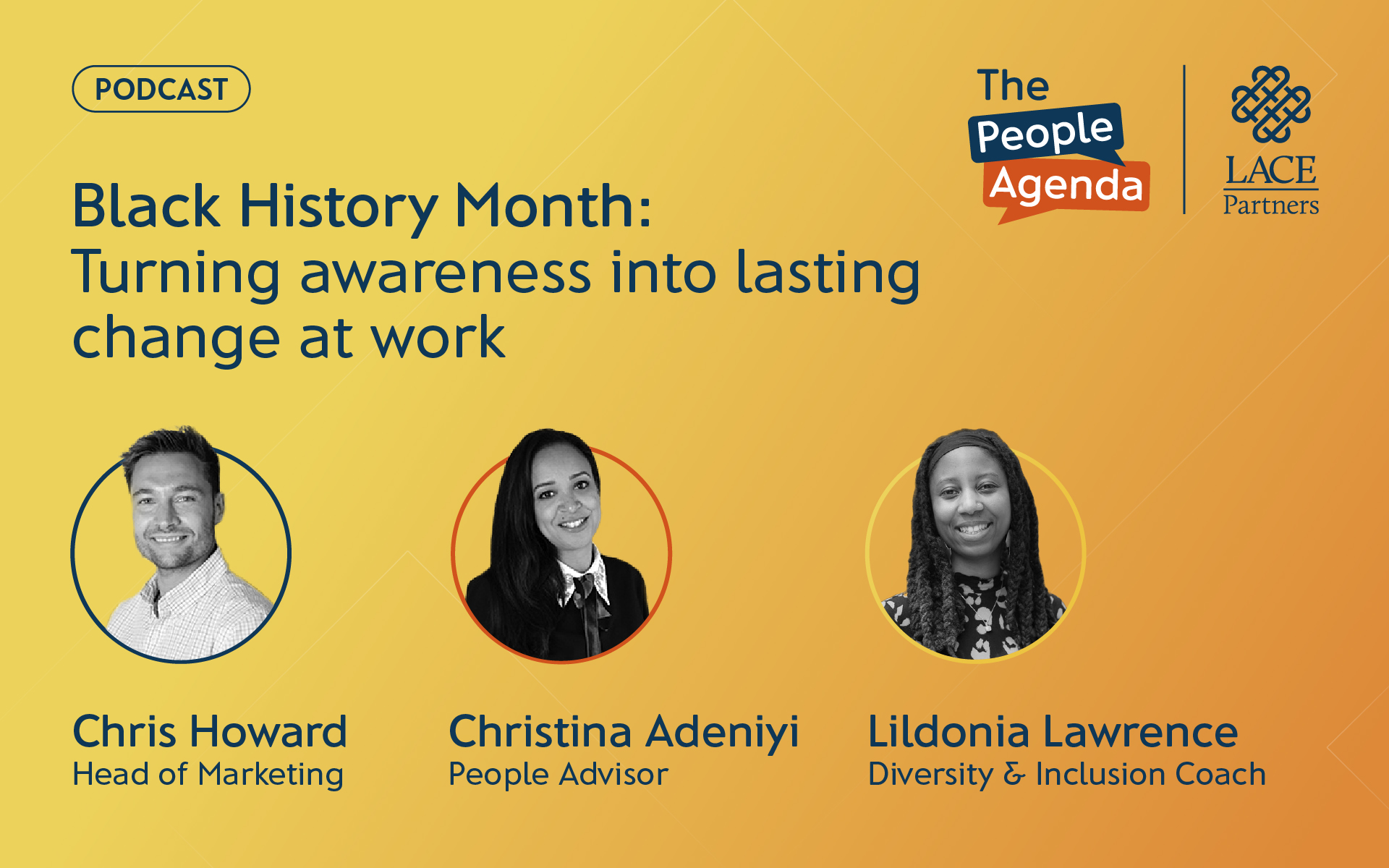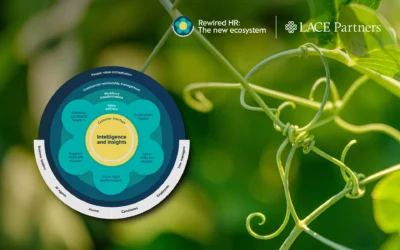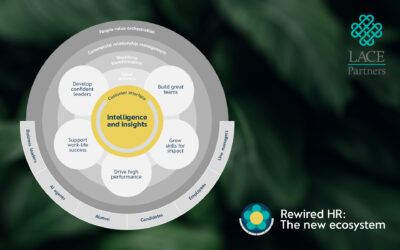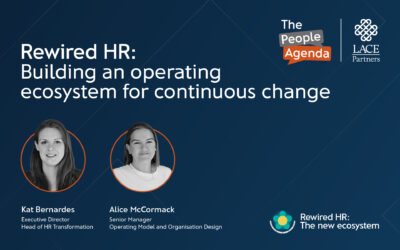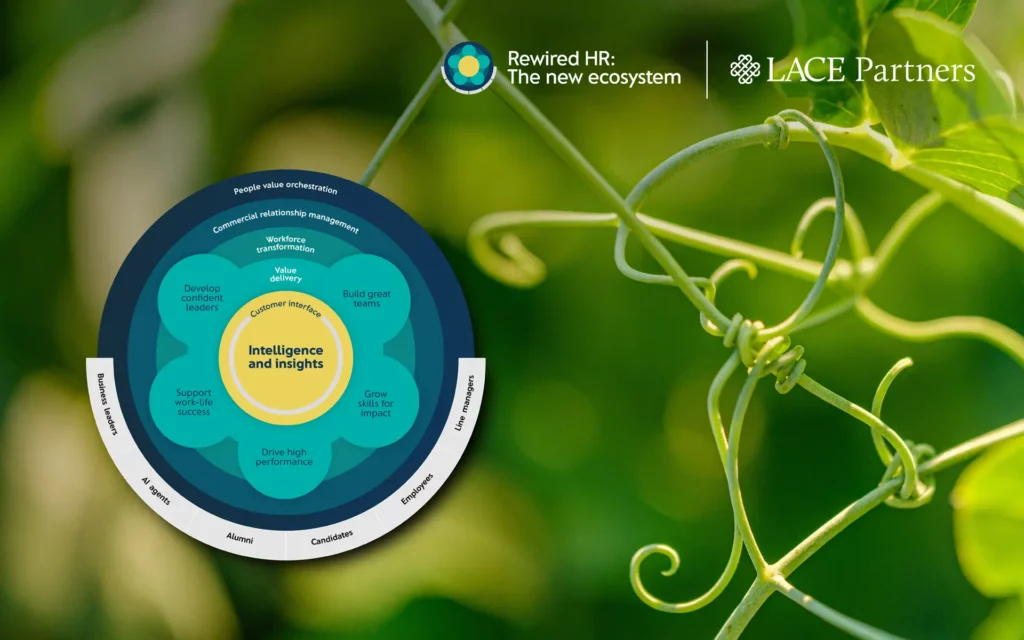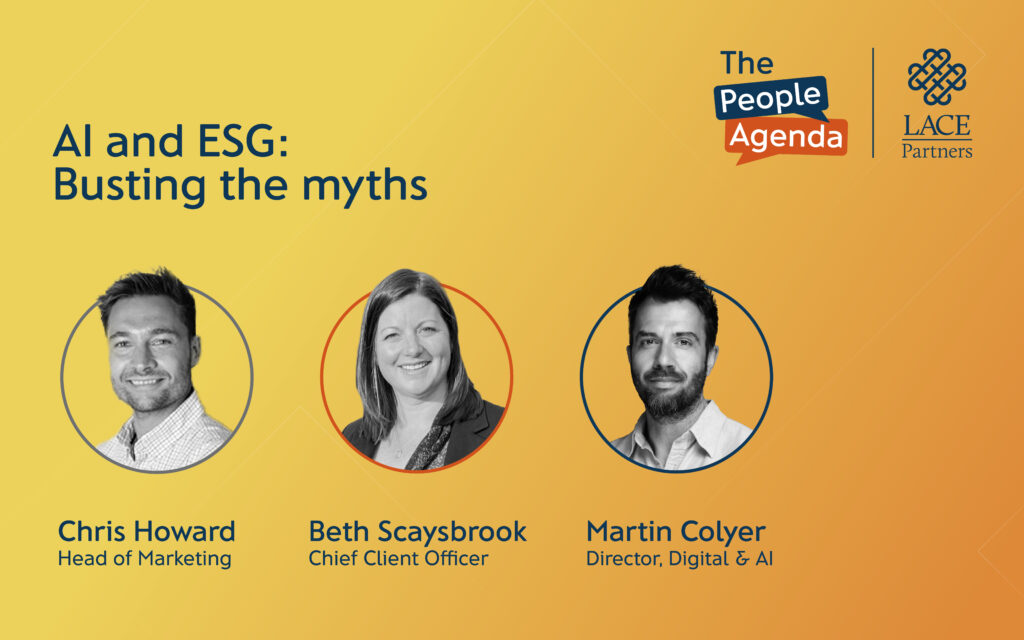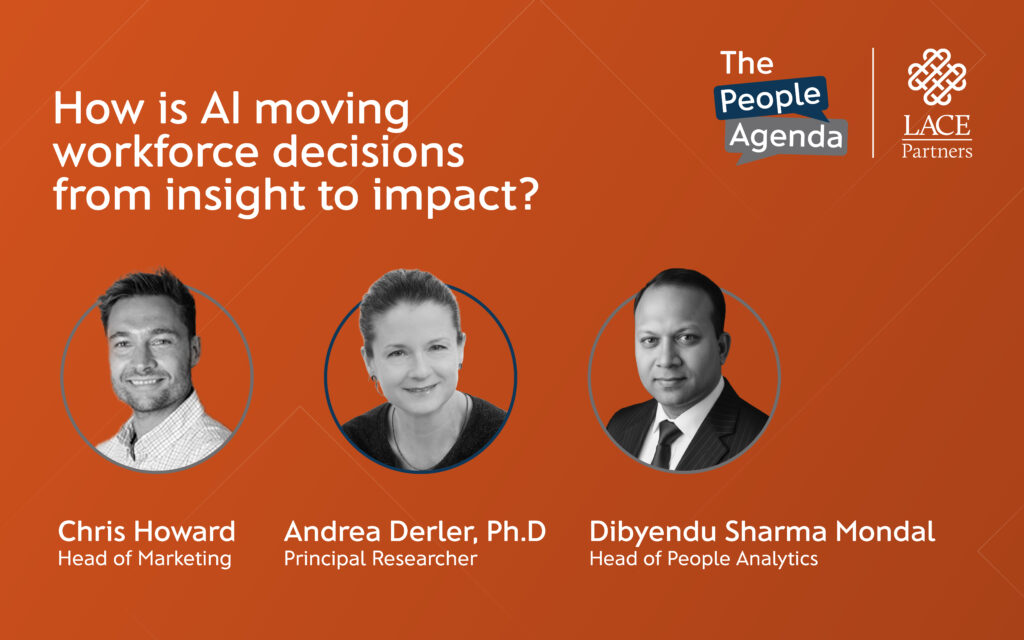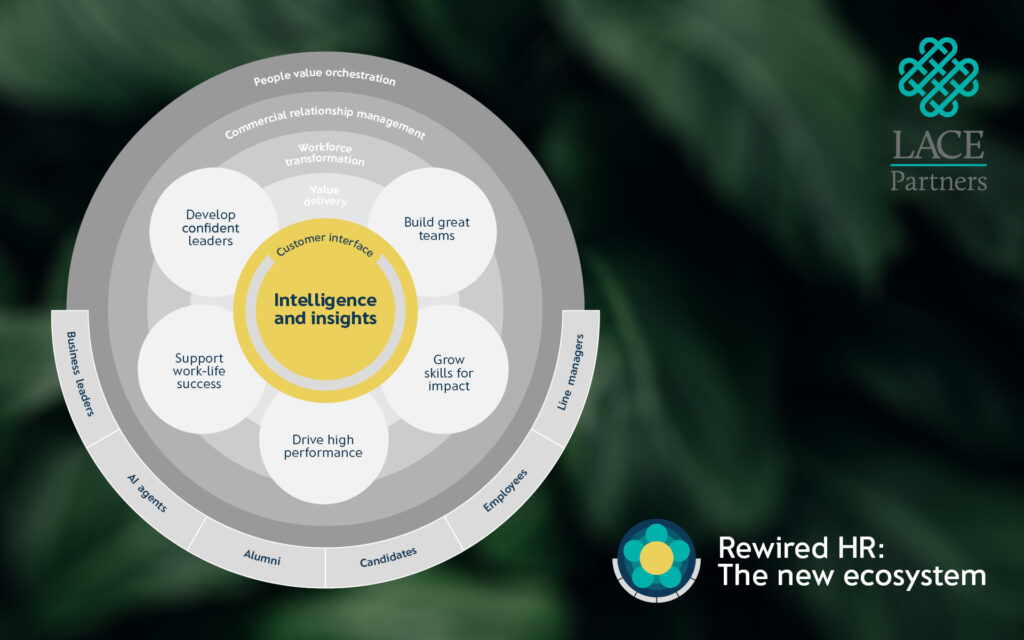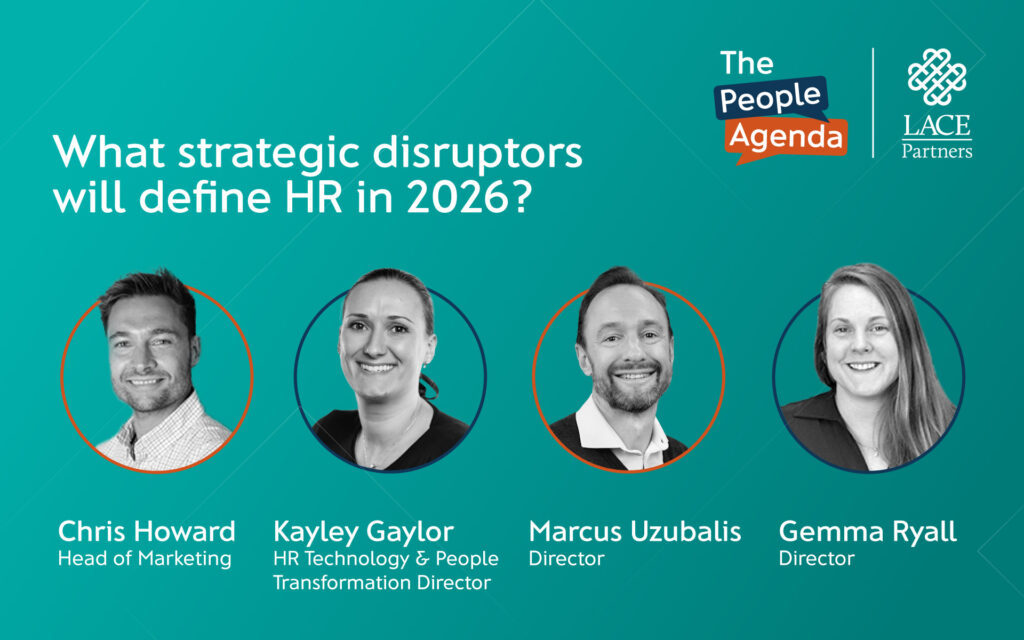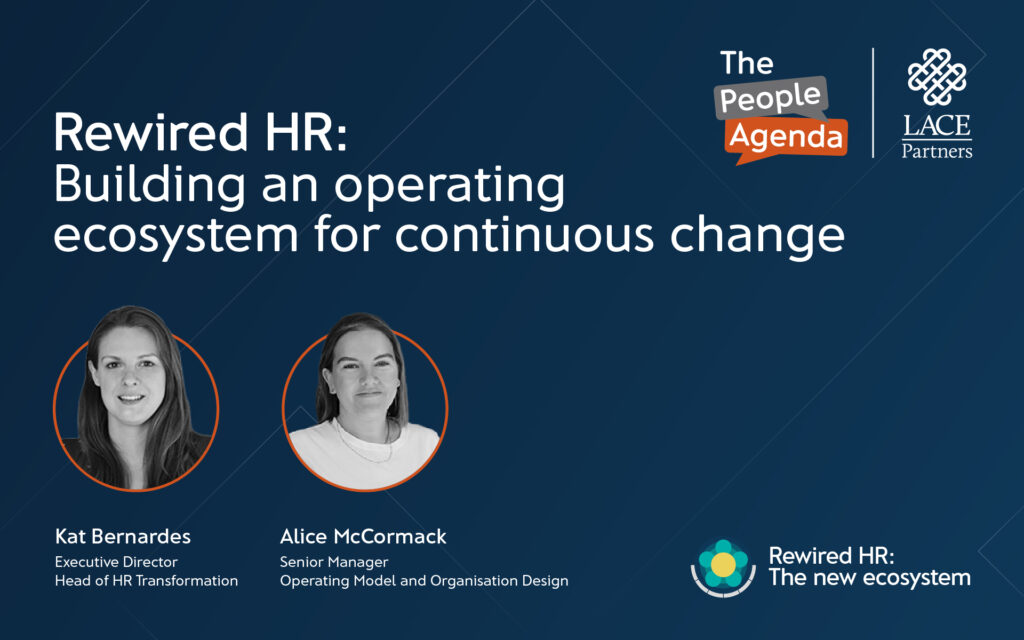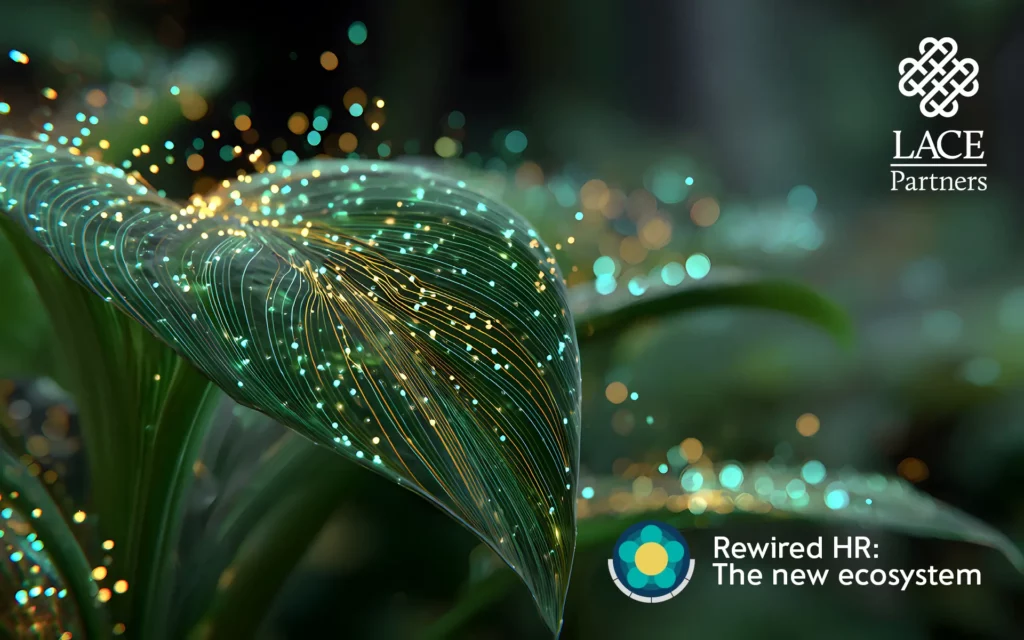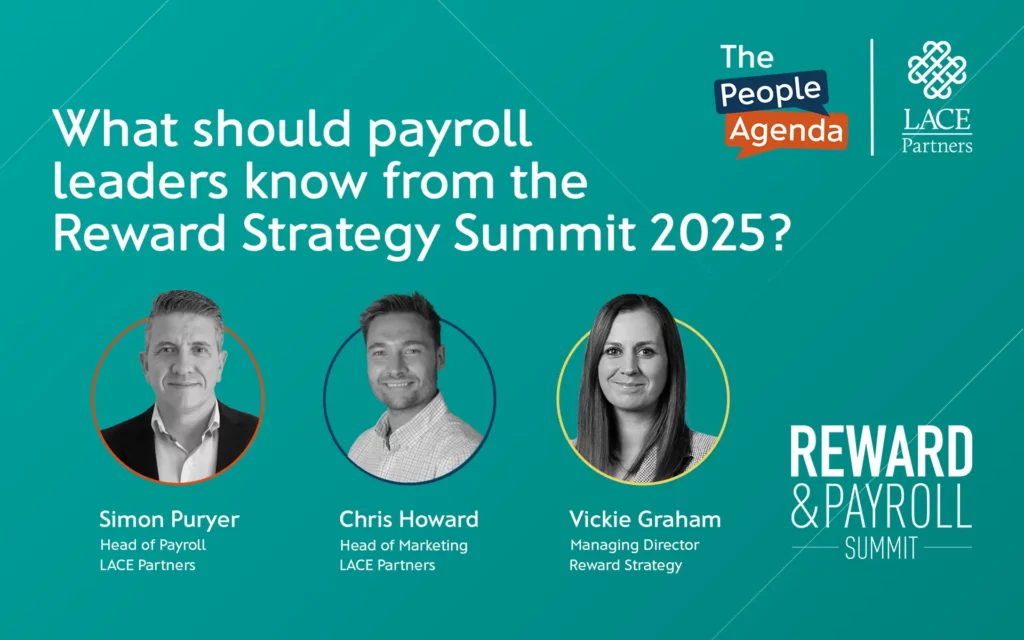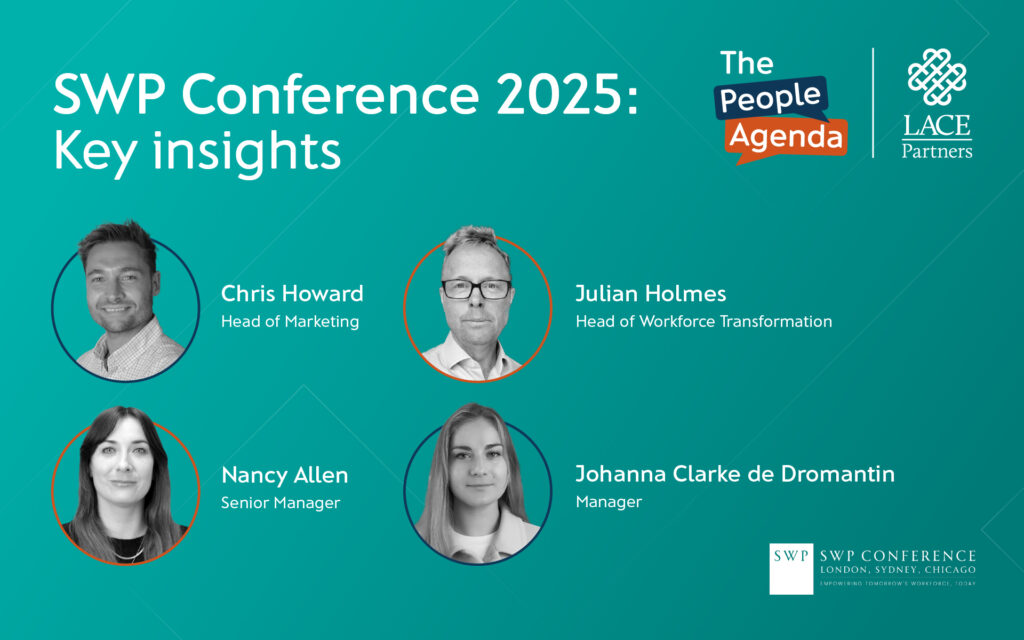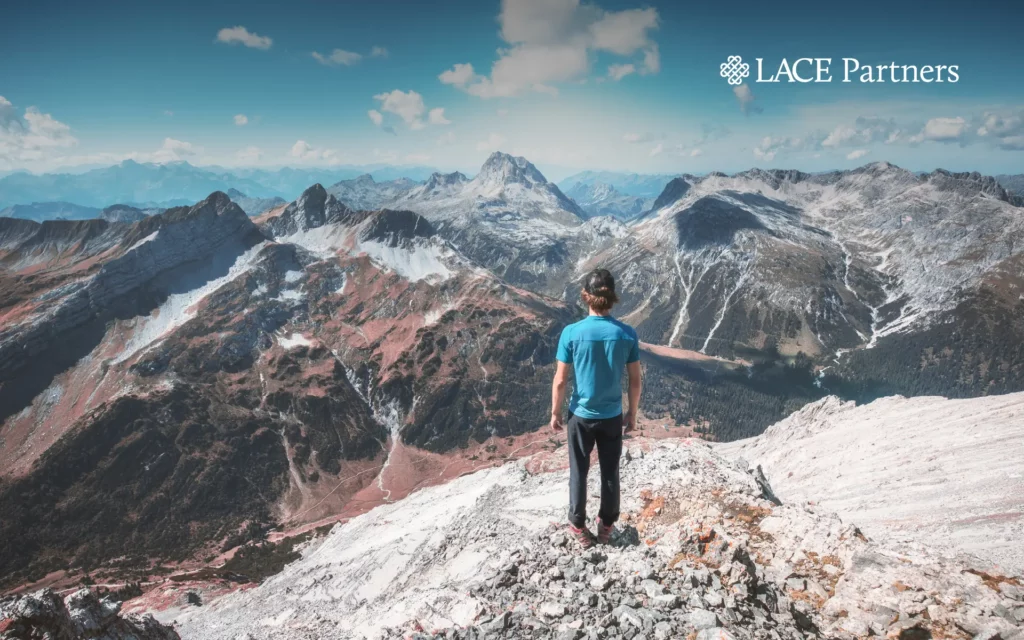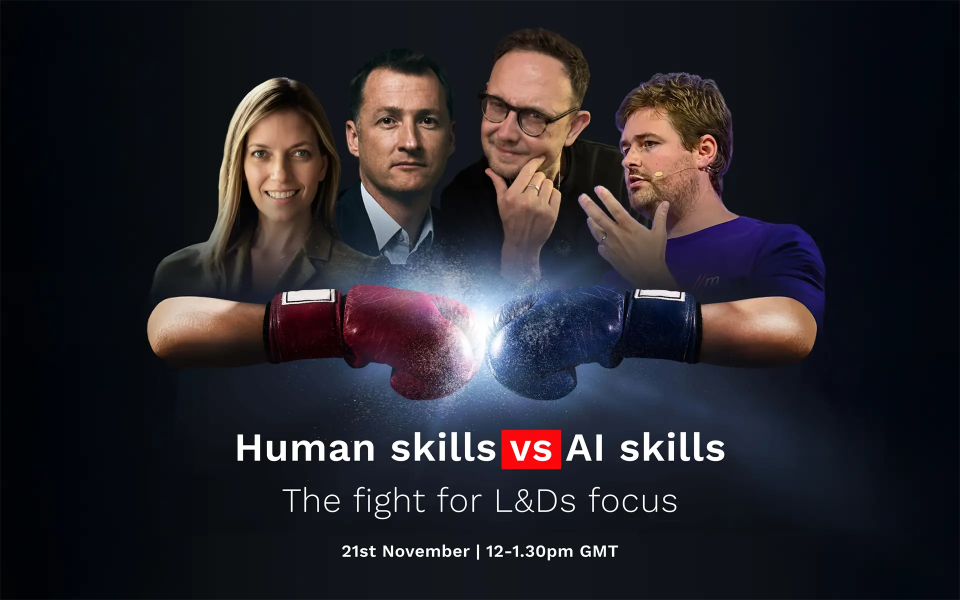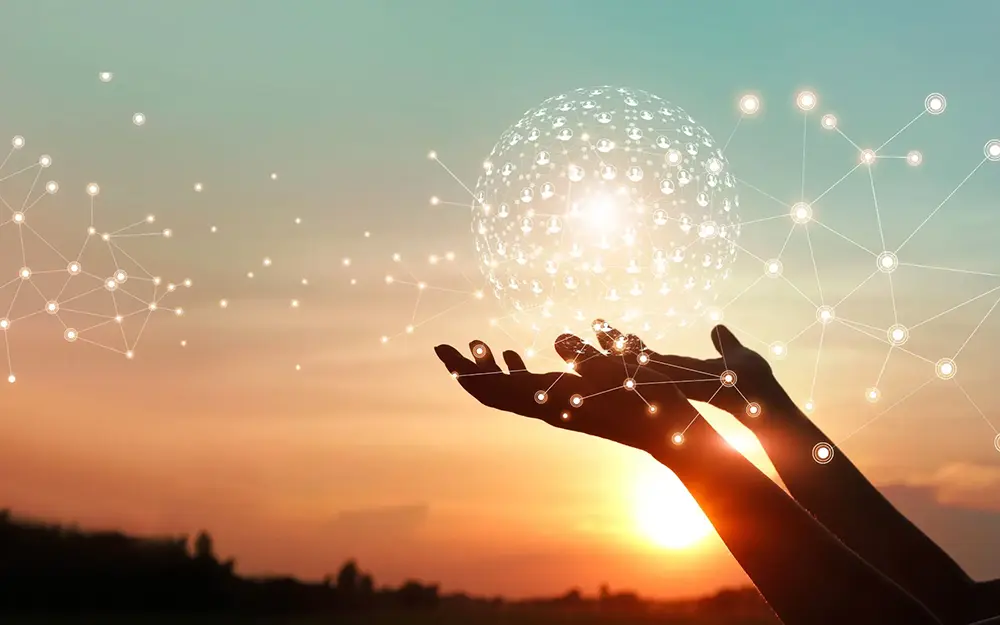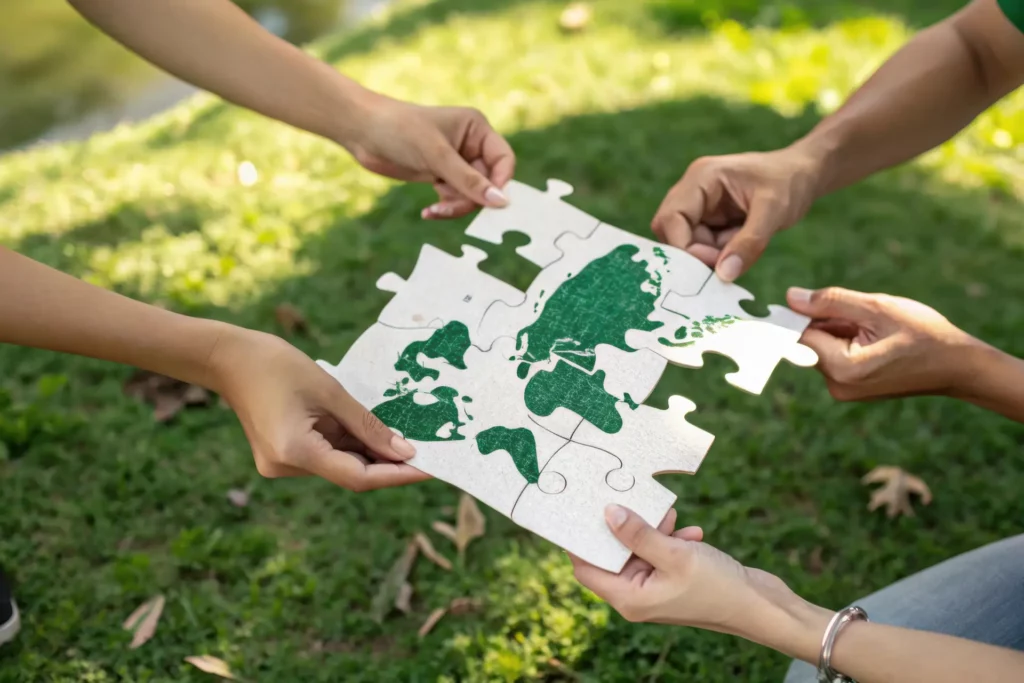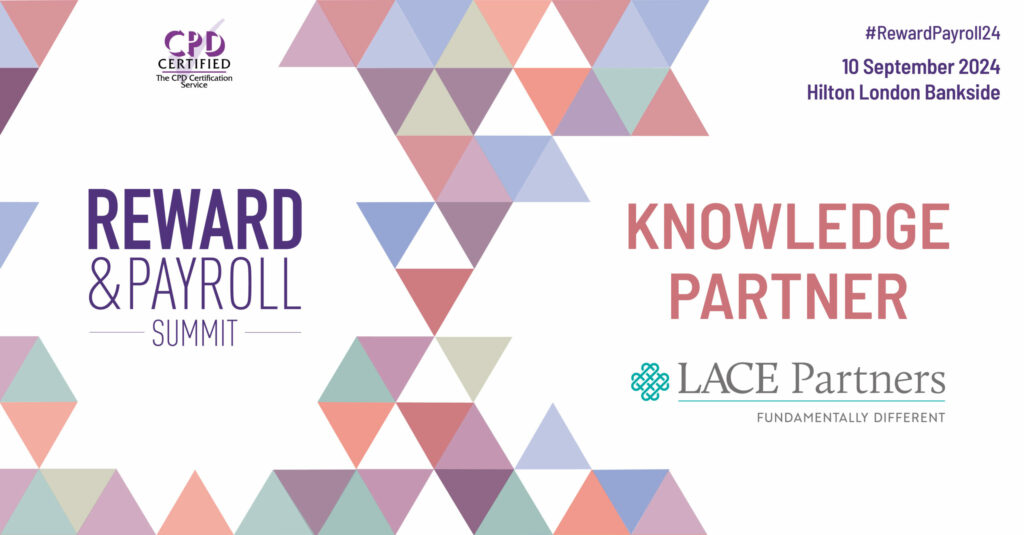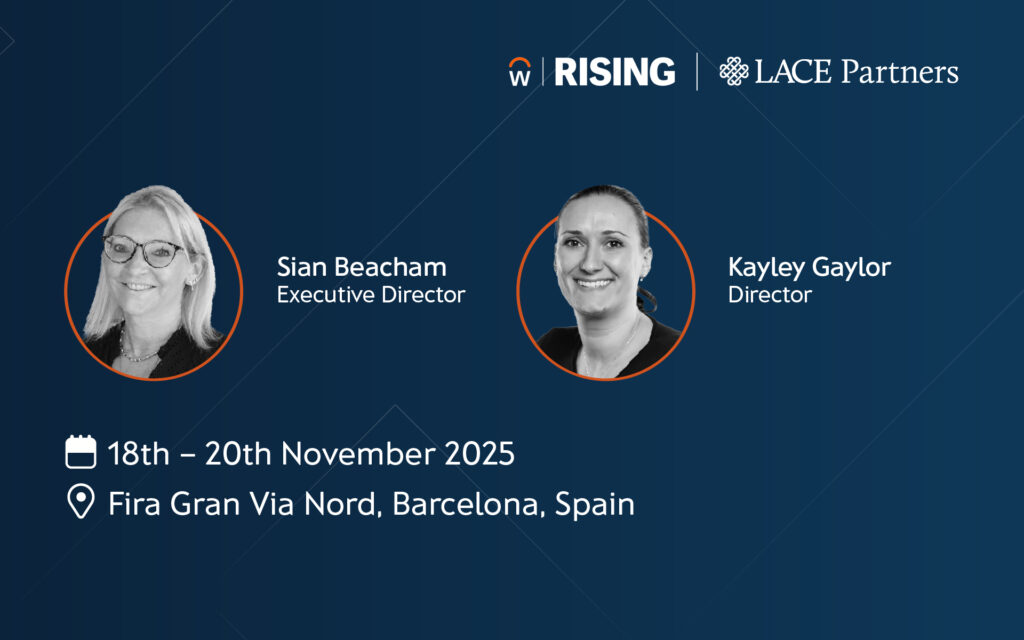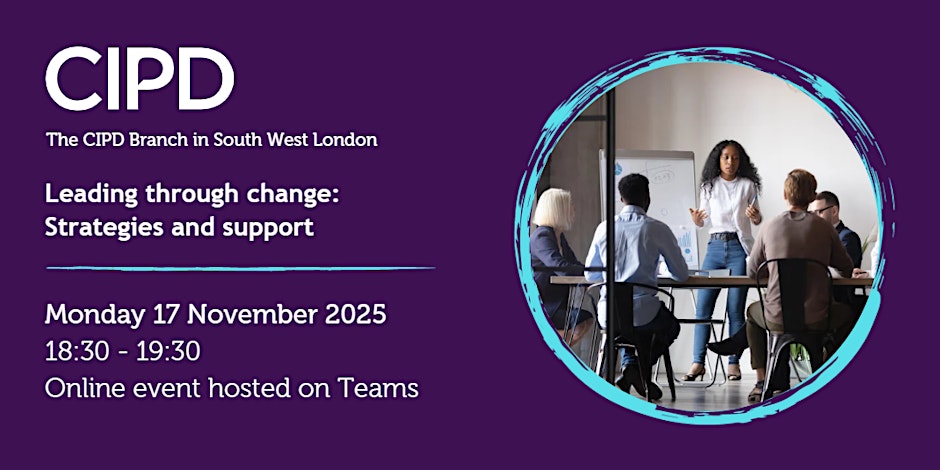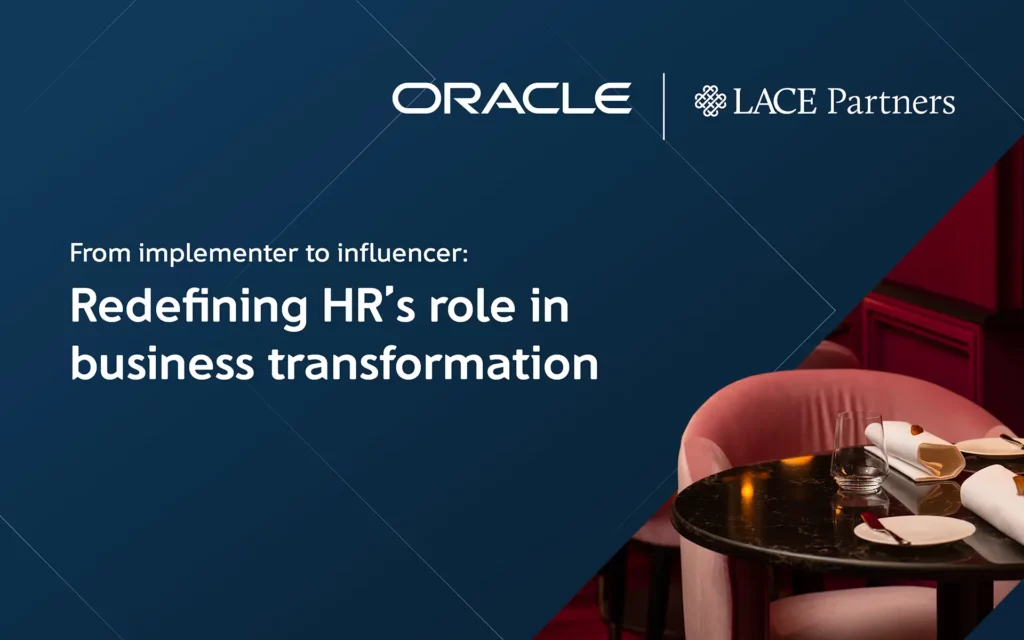As part of Black History Month in this episode of The People Agenda podcast we are raising awareness of how organisations can be more inclusive. Host Chris Howard and Christina Adeniyi from our DE&I team speak to Lildonia Lawrence, a Diversity and Inclusion Consultant, as they discuss allyship, anti-racism, and bystander intervention as key skills for every HR leader.
Why does inclusion matter for organisations?
Inclusive workplaces improve employee wellbeing, retention, and innovation. Research from McKinsey’s Diversity matters even more: The case for holistic impact report (2023) shows that companies in the top quartile for ethnic diversity are 36% more likely to outperform financially than less diverse peers. This means that when organisations build genuinely inclusive workplaces, they don’t just create happier, healthier teams but they also boost performance and profitability.
How have diversity and inclusion priorities changed in recent years?
Since the pandemic, awareness and action around diversity, equity, and inclusion (DE&I) have grown rapidly. Key changes include:
- More organisations are requesting anti-racism and cultural competency training.
- A shift from reactive responses to long-term inclusion strategies.
- Recognition that inclusion must be values-led, not target-led.
What common challenges do leaders face?
Many managers fear “getting it wrong.” Lildonia addresses this by promoting an anti-cancel-culture approach that creates safe spaces where people can ask questions and learn. The top challenges include:
- Discomfort discussing race and identity.
- Lack of consistent understanding at leadership level.
- Over-reliance on “diversity targets” instead of lived cultural change.
How do allyship and bystander action shape workplace culture?
Being an active ally means using your voice and position to support others and addressing inappropriate behaviour when it happens. For example, if you see an offensive message in a team chat, you might step in and say, “That comment doesn’t align with our values.” In a meeting, if a microaggression occurs, you can gently redirect the conversation or clarify with empathy.
When even one person speaks up, it shows that respect and accountability are core to the organisation’s culture and that everyone has a role to play in creating a safe, inclusive environment.
What’s HR’s role in sustaining change?
HR leaders have both the opportunity and the responsibility to make inclusion part of every stage of the employee experience. Lildonia’s advice:
- Treat inclusivity as a learned skill, not an innate trait.
- View anti-racism work as continuous professional development.
- Build shared understanding across leadership so everyone is on the same page.
Diversity and Inclusion at LACE
Our team is passionate about creating places where everyone feels included. Christina is one of our internal D&I team who are dedicated to fostering a sense of belonging and empowerment in our diverse team and carry this with us to our clients.
Black History Month has centred on the theme Standing Firm in Power and Pride, marking 60 years since the landmark Race Relations Act of 1965. To honour this milestone, Christina and the team have been highlighting key achievements and influential figures who have driven progress in racial equality legislation. Discover more about our commitments to Diversity, Equity & Inclusion, sustainability, and community engagement here.
Key takeaway
Inclusion is not a one-off initiative but an ongoing practice of empathy, learning, and accountability. As Lildonia summarises, “To become equitable or anti-racist is a skill. We move from ignorance to competence and keep learning.”
Want to hear more from Lildonia? Get a copy of her book Back Yourself: A Wellbeing Guide to Healing from Racial Trauma which offers practical guidance for people of colour to improve their wellbeing and mental health. Her podcast Intersections explores how overlapping identities shape people’s lives. Do you have any questions about the topics discussed in this podcast? Reach out to Lildonia via her website Move with Lildonia.

